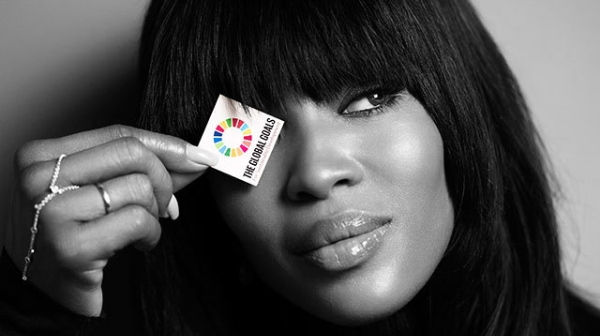Apr 10
20190
5G wireless Capitalism Fourth Industrial Revolution Google Green New Deal Militarism Smart Cities
WATCH: Quiet Storm – Technology & Social Control
Published April 2, 2019
“We’re on the brink of a new era. In the coming years and decades, rapid advances in the fields of robotics, artificial intelligence, data analysis, nanotech, quantum computing, bio-engineering and 3D-printing promise to drastically restructure our societies – much as the steam-powered engine and personal computer did during earlier phases of capitalist development. Coming waves of automation are expected to eliminate the majority of current job categories, raising the spectre of widespread unemployment and the potential for newer, more sophisticated forms of economic servitude and social control. These transformations will take place under the watchful eyes of a high-tech surveillance state, aided by a new generation of AI-driven facial recognition software, and the further proliferation of networked ‘smart’ devices that record nearly everything we say or do.
Many of the technologies of tomorrow are being designed today in the universities and corporate R&D labs of Shenzen, Singapore and Silicon Valley, by scientists and engineers working at the behest of military contractors and multi-billion dollar tech companies. Claims that ‘technology is neutral’ ring hollow in a world dominated by powerful states and capitalist social relations. It’s clear to anyone keeping score that those who control and shape technological development and mass production are best situated to reap the benefits. But at the end of the day, capital and the state don’t hold a monopoly on innovation. There are many anarchists also working on building new technologies to help thwart our enemies and unlock new paths of resistance. And despite what you may have heard, the master’s tools can be used to dismantle the master’s home – provided the person swinging the hammer knows where to aim.” [Source: sub.Media] [Running time: 33:26]






































